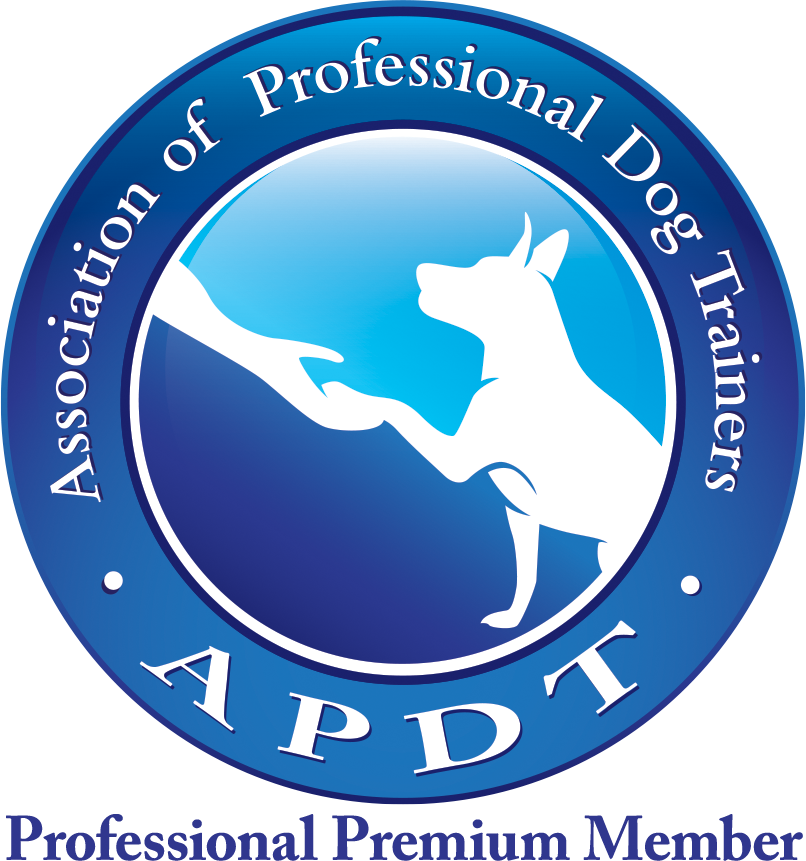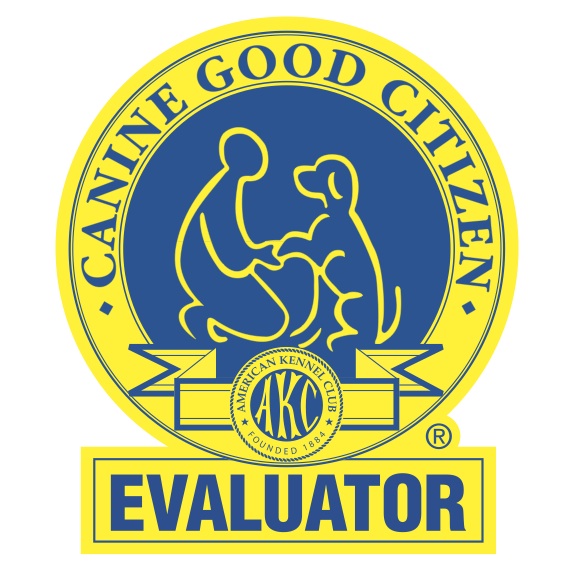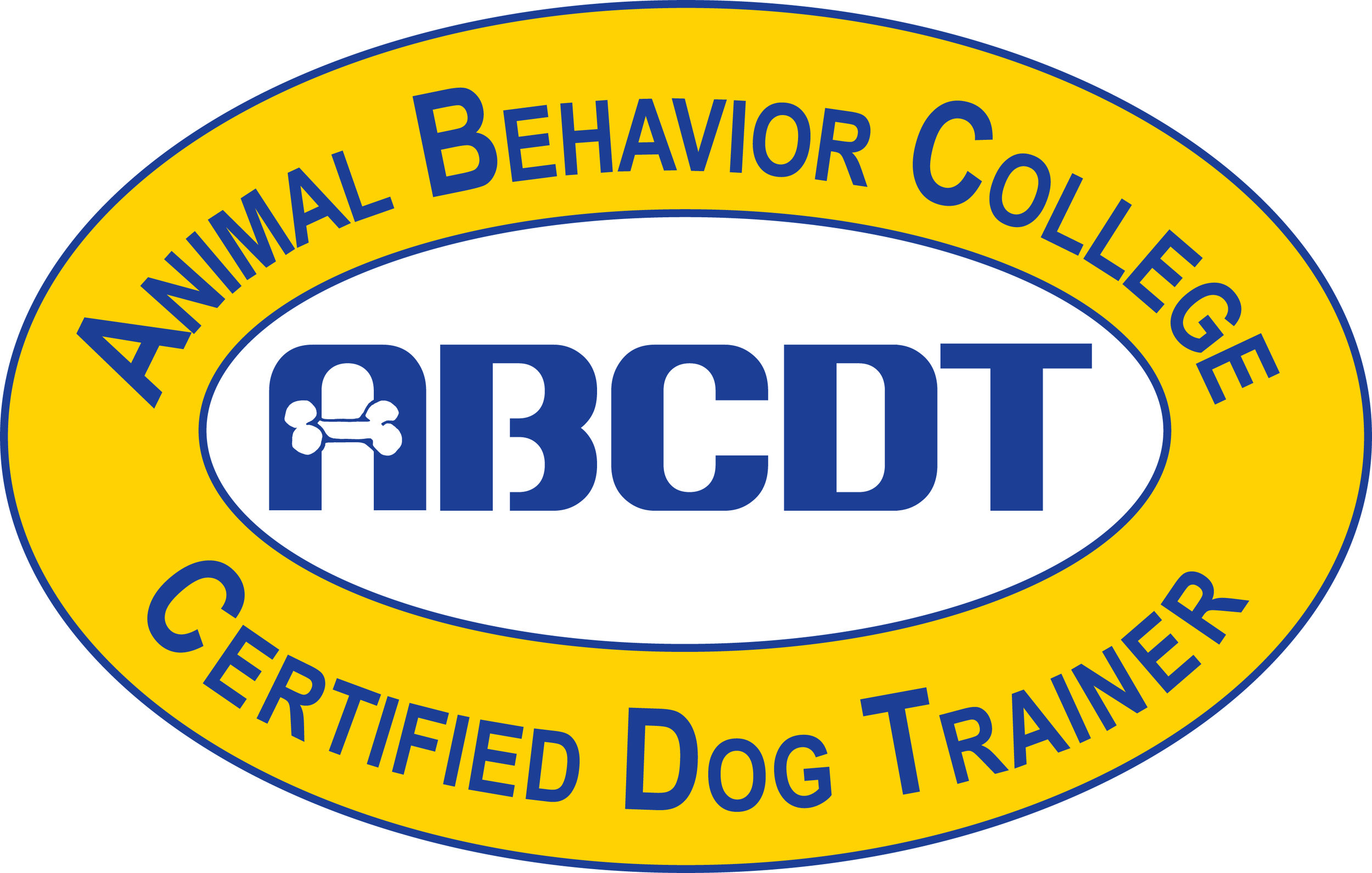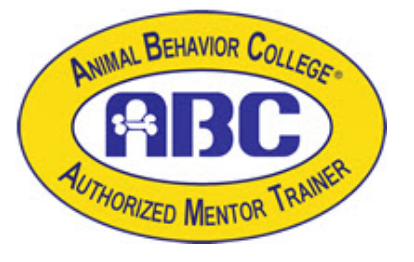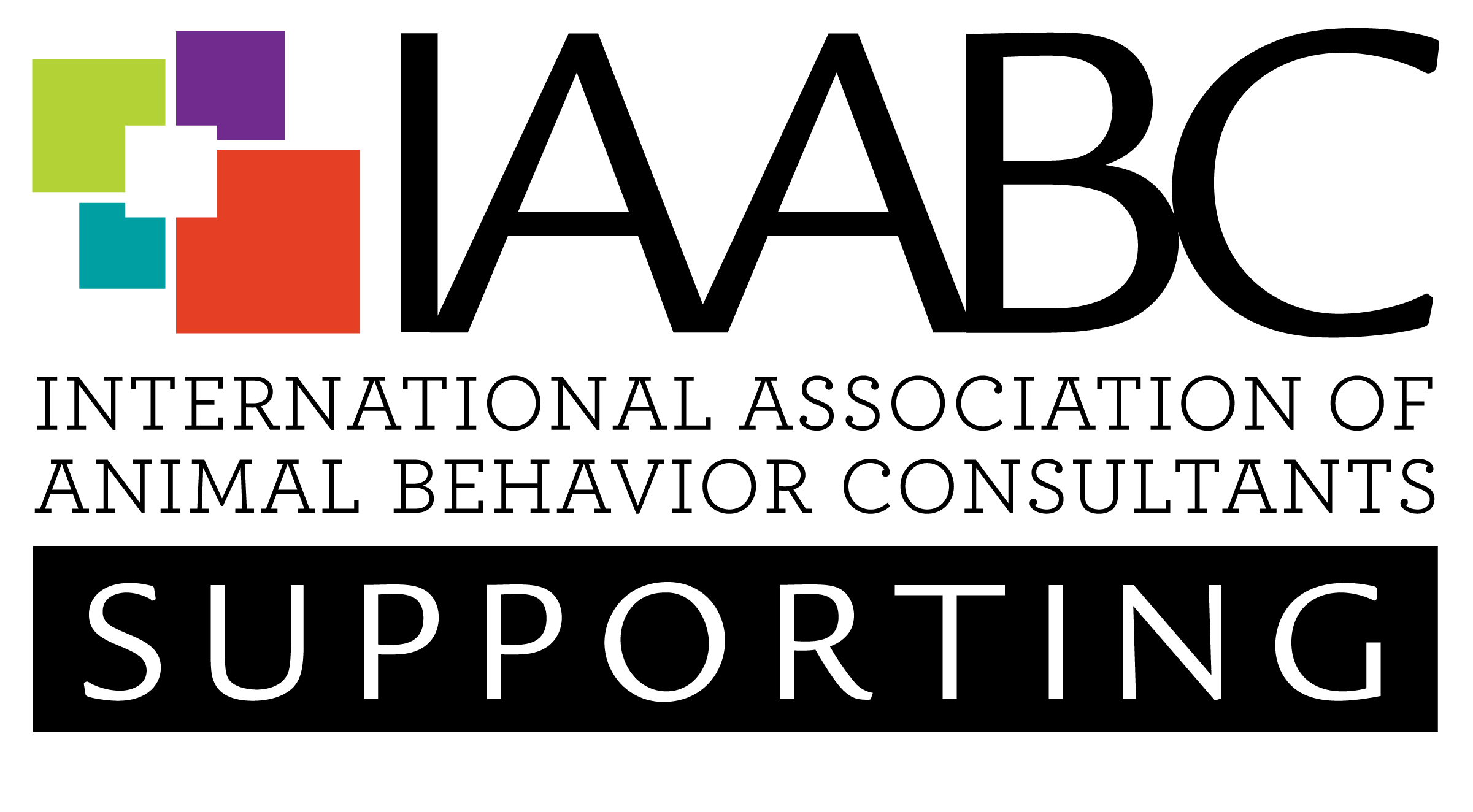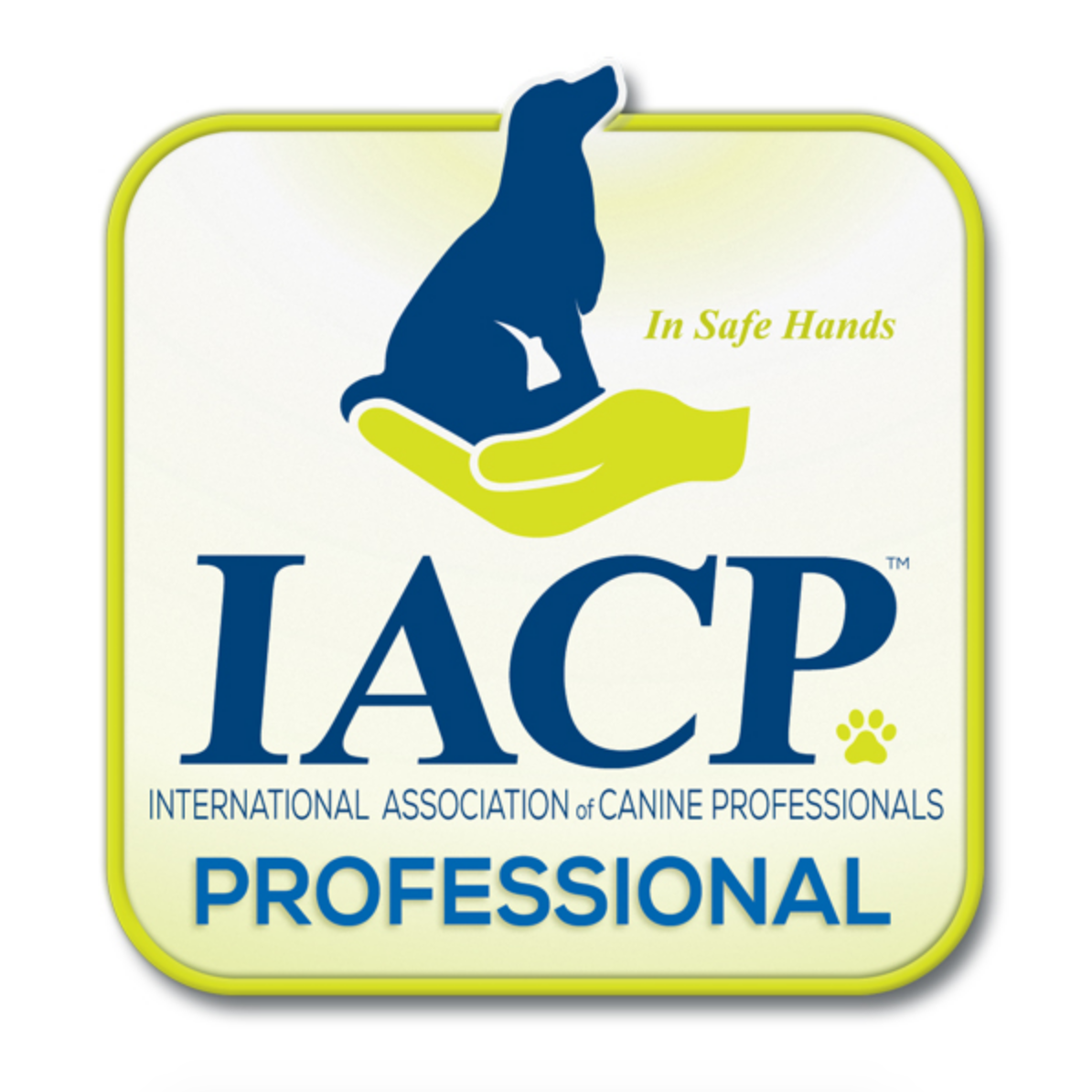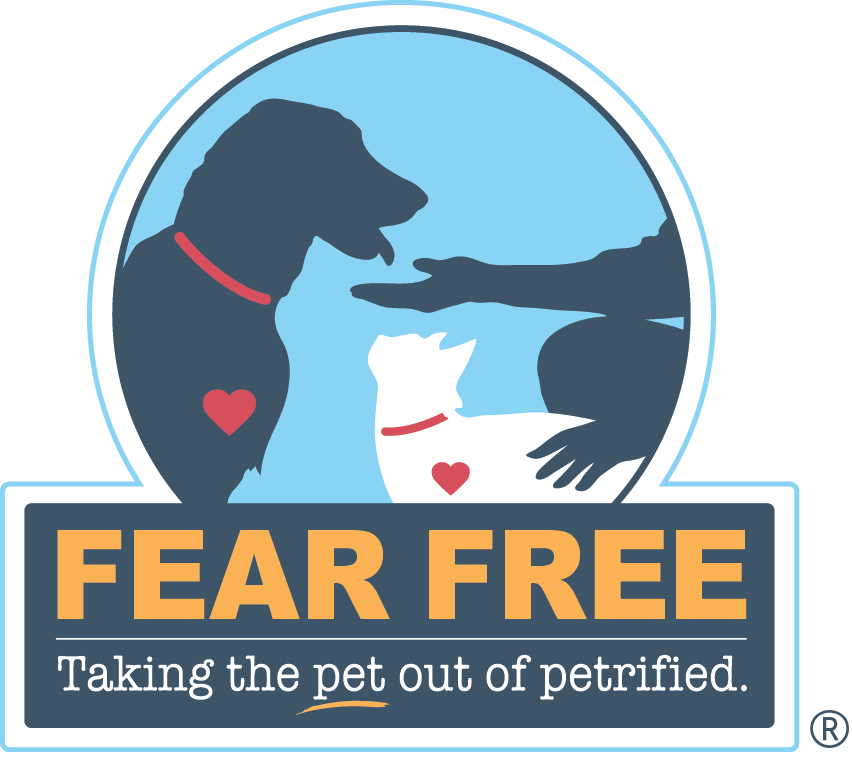Free Downloadable Books
Thinking about getting a new puppy? Perhaps you already have your new puppy. Here are two FREE downloadable books available for you with permission by author Ian Dunbar and publisher James & Kenneth Publishing.
This book covers socialization, bite inhibition, preventing adolescent problems, house training, appropriate toys and much more! Your puppy's first month in your home is a crucial developmental period.
This book covers house training, destructive chewing, barking, separation anxiety, socialization, handling, puppy biting, bite-inhibition and preventing adolescent problems.
Crate Training / Potty Training
When done consistently and appropriately, crate training can assist you in preventing your puppy from learning many bad habits including chewing on inappropriate items such as furniture, clothing, cords, and shoes. A crate can be a useful tool in potty training your puppy right from the start. Your puppy will start the potty training process with us beginning at 3 weeks! Yes, a three week old puppy already has the natural instinct to not eliminate where they play or sleep, so we take this instinct and build on it. We want your puppy to go home starting off on the right paw! While with us your puppy will begin learning to potty on a puppy pad, will get used to holding their bladder while in a kennel, and will begin to learn the benefits of eliminating outside. In addition to the two free downloadable books offered above written by Ian Dunbar, click on the link to view a pdf on crate training published by the Association of Professional Dog Trainers.
Puppy Vaccinations
The mother’s antibodies typically protect her puppies at birth and for a short time after, however these antibodies diminish from the puppy’s system as their own immune system begins to develop. The series of puppy vaccinations typically begins between 6–8 weeks of age, with booster vaccines given every 3–4 weeks until the puppy is 16 weeks old (some puppies may benefit from an additional booster at 20 weeks old.) Puppies are vaccinated against the most common and problematic diseases which include adenovirus (hepatitis), distemper, and parvovirus. One vaccination, often called a 5 in 1 vaccine, is a combination vaccine which includes adenovirus cough and hepatitis, distemper, parainfluenza and parvovirus is often the puppy’s first vaccination. There are other combination vaccines which also include leptospirosis (7-way vaccines) and/or coronavirus.
Most states also require all canines get the Rabies vaccine. Rabies is a preventable viral disease of mammals most often transmitted through the bite of a rabid animal. This vaccine is not given until the puppy is at least 12 weeks old and is given a booster a year later and after the first booster only being required every 3 years.
The Bordetella vaccine is a noncore vaccine that is given to puppies/dogs that are frequently exposed to other dogs in boarding or other social settings. Canine facilities such as dog daycare centers, boarding kennels, groomers, and training classes often require dogs to have the vaccine. This is because Bordetella is the most common bacterial agent responsible for kennel cough in dogs. The good news is that despite its contagious nature, the disease is usually very treatable.
We highly recommend that your puppy be protected from potential exposure to disease antigens, until he is fully vaccinated. We also recommend keeping your shoes outside the front door and washing your hands before playing with your puppy. This does not mean that your puppy cannot begin obedience training until he is fully vaccinated. Obedience training can begin in your home by self training or by having a trainer come to your home to teach you and your puppy a common language, leadership skills, and to provide invaluable puppy socialization opportunities.
For more information on vaccinations and vaccination schedules, please refer to the link below which takes you to information provided by the American Kennel Club.
Canine Parvovirus
Toxic Foods for Dogs
Puppies will chew on anything! They have no concept that something may be detrimental to their health. Although there are many foods that we eat that are also healthy for our dogs, there are a lot that they can’t eat. In the link below, the ASPCA has provided a list of foods and information on the ill effects eating the food can cause for your furry friend. Keep in mind that from a behavioral standpoint, food should not be given to your dog from the table in order to prevent begging, and special foods are best given only after your puppy has earned it. Use the extra special (yet healthy) stuff to reinforce his training by asking him to sit, lay down, stay, or for coming immediately when called.
The Pet Poison Hotline also has provided a very comprehensive list of toxins.
Do you eat or buy “sugar free” foods or gum? Beware of foods and other products which contain Xylitol. It is in a class of sweetener known as sugar alcohol. Xylitol is present in many products and foods for human use, but can have devastating effects on your pet. The U.S. Food and Drug Administration (FDA) has provided information on foods and products that may contain Xylitol and what symptoms to look for if you suspect your puppy has ingested it.



